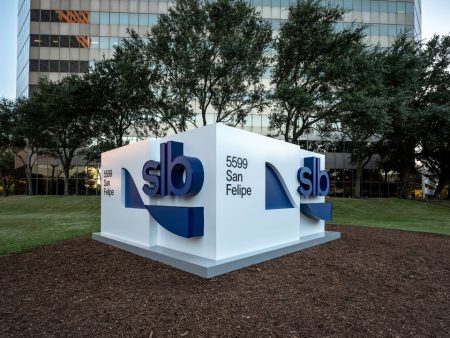 15 February 2014, News Wires – The oil and gas industry is not running out of smart people, its running out of experienced people, according to a report by the Australian Workforce and Productivity Agency (AWPA).
15 February 2014, News Wires – The oil and gas industry is not running out of smart people, its running out of experienced people, according to a report by the Australian Workforce and Productivity Agency (AWPA).
“The industry will have to go through a period of time where it will operate without that history,” the report stated.
Australia has experienced labor shortages for a couple of years, creating a backlog of projects, and this backlog is expected to grow in the next five years. More than $200 billion worth of major gas projects will move from the construction phase into the production phase, creating 22,000 new jobs in the industry by 2018. Once these projects hit production, a greater focus on skills development is needed to ensure the industry avoids an under-supply of critical skills in the future, the report stated.
Furthermore, the student professor ratio at universities has almost tripled in the last 15 years.
“One of the problems is not with the student going into the industry but is with the professor leaving the university,” AWPA said. “The industry offers the professor more money to work for them rather than stay to educate the next batch of engineers. This is a huge challenge.”
In the next five to seven years, an opportunity will arise for a new generation workforce to come into the industry and run it, the report added.
“That’s why the future belongs to the digital engineers – it is not something that is desirable, it is inevitable.”
WHAT IS A DIDITAL ENGINEER?
The new crop of engineers are privy to new technology (the latest and greatest technology that has created the American shale boom), new speed of applications and solutions and workflow that are allowing one to gain greater insight to tackle the challenges of the industry moving forward.
“The trend of field instrumentation is incredible,” the report added. “Today you have massive data available in onshore, ultra deep offshore, but how the industry uses that data is what counts.”
The challenge that the industry faces is how will experts gain greater insight of a reservoir to come up with more oil and gas, and produce oil safer; and according to this report, the answer is the young engineer.
“The next generation will be more IT fluent – the petroleum engineers, the geologists will be friendlier to the IT technology. Today’s generations have better networks at home than they do at work,” according to the report.
When this new engineer searches for data compiled 10 years ago in their company’s search engine, they can’t find what they need, so they rely on the human network. They seek out the person who remembers when the study was done. However, this human network will be extinct in the next decade.
“This is an IT literate generation with high IT expectations when they enter the workforce, so why isn’t this the ‘A’ day of digital oilfield information?” the report added. “The technology vendors are baffled why the oil and gas industry is slow to take up this new technology.”
SKILLS EMPLOYERS SHOULD LOOK FOR
“The newest engineering grad has to be better than the last generation with regards to their technical expertise but in addition, they need a breath in economic, international business, culture, change management, and IT in order to become a well-rounded professional that will be successful in this industry,” AWPA said.
“The company that will take advantage of all these important technology trends will be one that has a literate IT petroleum workforce, business literate IT professional workforce and a group of people in the middle that will be able to blend and mix these skills and opportunities together to make all these work.”
– Robin Dupre, Rigzone



